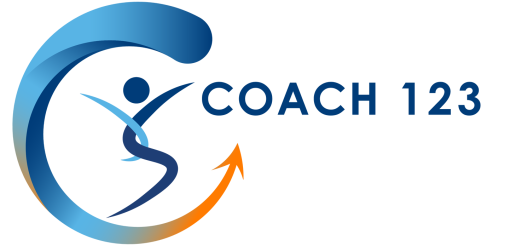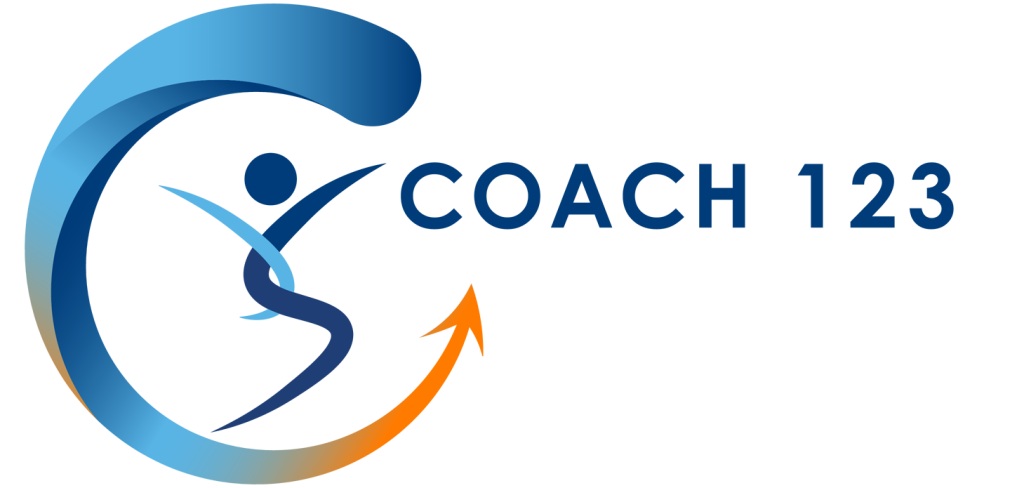Coaching and Leadership
Coaching and Leadership

When we think about coaching and leadership together, sometimes we think about coaching as a service provided for leaders. Sometimes we think about coaching as a skillset that leaders are called upon to have and develop. Coaching is both a service and a skillset.
Coaching is a service for leaders, and it is a skillset for leaders to have – as a service it supports leaders in their thinking, communication, leadership style, decision making, emotional intelligence, and more. Coaching is an opportunity for creating awareness of individual behaviors, skills, and impact. It creates space for leaders to explore opportunities, options, challenges, and resources. It is a partnership within which they are developing strategies and deciding how they are moving forward effectively.
Coaching is defined as partnering in a thought-provoking and creative process that inspires people to recognize and maximize their own personal and professional potential. That definition comes from the International Coaching Federation, (ICF).
Leadership involves defining vision, providing direction, inspiring followers, ensuring the availability of resources, motivating desired actions, coordinating efforts, and acting decisively.
In action, leaders define the vision. They define the objectives. They inspire others to follow. Ideally help they frame the process. Certain tasks may be delegated by leaders; ultimately, the leader is responsible for the outcomes. Perhaps you’ve heard it said that leadership is something that is earned.
What is leadership development? A definition for leadership development is teaching or enhancing leadership skills. Those skills include communication, motivation, trustworthiness, creativity, being proactive, providing feedback, and accountability. Leadership development is a planned effort, and it also evolves naturally. It includes defining objectives, assessing skill gaps, and planning the learning. It may include mentoring, training, or stretch assignments in support of that plan. Leaders are also developed naturally through their experiences and the work they do. Coaching as a service for these leaders provides advanced development opportunities for advanced results. Research shows that the average ROI is 600%.
The reason the ROI is so high is because when a leader is working with a coach, they have a thinking partner. It is an opportunity to think out loud, have that thinking challenged, and have it expanded for greater awareness. Coaching creates the space for developing strategies, and if they want action steps then that happens as well. The coach invites the leader to decide how they will hold themselves accountable.
Leadership also calls for developing coaching as a skill set. Forbes Magazine said, as more and more companies realize the benefits of hiring a coach, they also realize the benefits of incorporating a coaching methodology into the management style of their leaders. Talent management and HR said whether you are a manager working to develop your people or working to develop yourself and build a career, it is important to know that one of the key ways you can have a positive impact on the business is by operating more as a coach than a manager. Biz Library said that while there are other important leadership skills and competencies, coaching is central to improving the performance of entire teams.
Berson by Deloitte said that organizations with senior leaders who coach effectively frequently improve their business results by 21% as compared to those who never coach, a huge impact.
Pull all these pieces together, all the different tools, and think about it as a progression. The first step is training, teaching, and giving information. The second step is mentoring, passing on wisdom and experience, giving advice, helping people make connections. A third step is giving them experience in management. They have responsibility for giving direction and evaluating performance. Then you may bring in consultants for assessing and providing expert advice. The objective is that they develop as a leader who is sharing a vision, inspiring action, making effective decisions. Ultimately, the tool that is going to make a difference in developing a leader is coaching. Coaching for the leader, where they have their own coach, they have the opportunity to think out loud, to brainstorm, and they get that thinking challenged and expand it.
Additionally, coaching is a leadership skill. When you think about what is taught in coach training, it encompasses so many essential leadership skills. Coaching encompasses core competencies of a coach, and in reviewing the coaching competencies, it is evident that the basic skills taught are essential for effective leaders.
In the next blogs we will explore coaching competencies as leadership skills.











